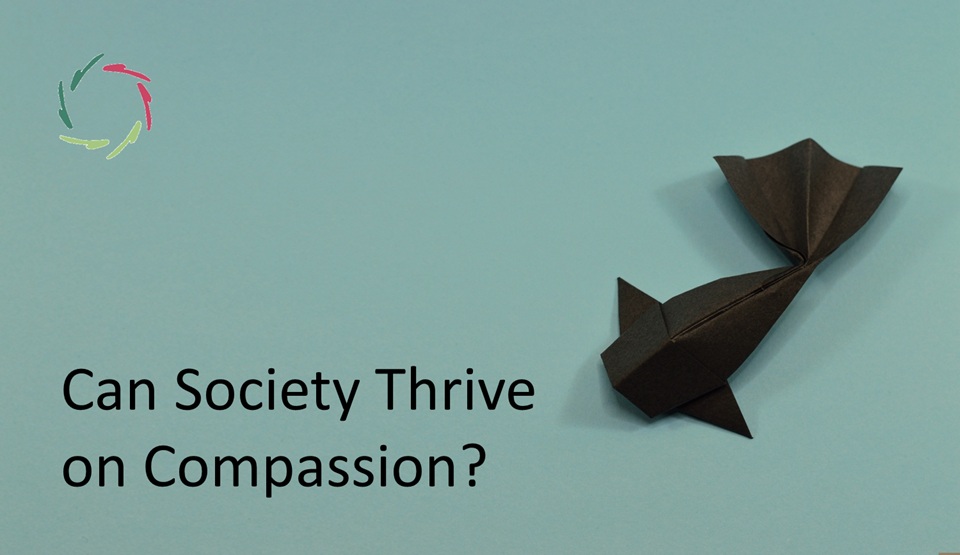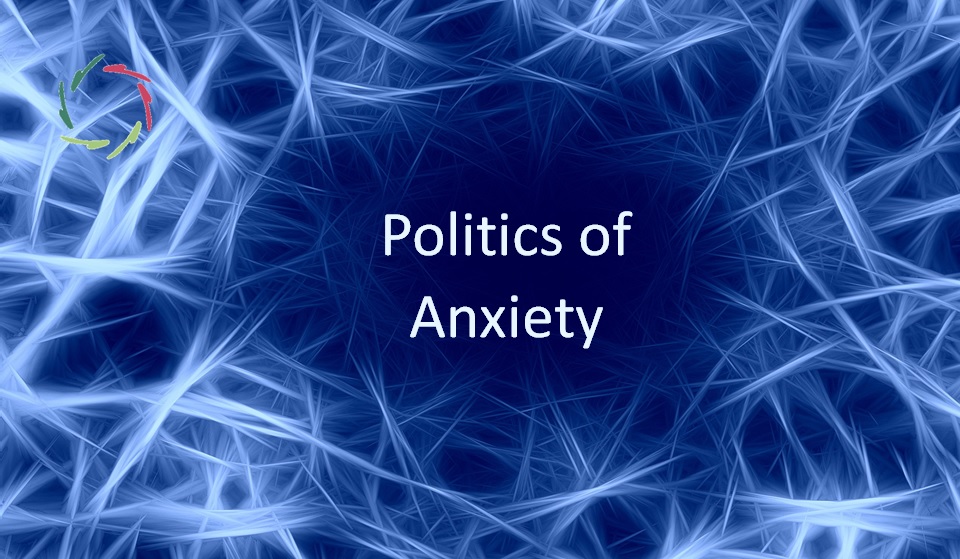Geopolitics Without Depth of Insight

Geopolitics often seems to lack depth of insight, and this may stem from the complexity of large geopolitical entities that act more like systems than individual beings with true intelligence.
This blog explores why this is the case and what factors contribute to this lack of insight. Please read ‘Enhancing Depth of Insight.’
Geopolitics as systemic intelligence
Geopolitical entities – nations, international coalitions, and global organizations – often behave as if they possess a form of intelligence. However, unlike individuals, these entities don’t have a unified mind or consciousness. Decisions are made through layers of bureaucracy, negotiations, and competing interests, which dilutes the possibility of deep, reflective insight. Without a central, coherent consciousness, geopolitical actors often rely on immediate strategic concerns, power dynamics, and surface-level diplomacy.
Systemic intelligence lacks the introspection that individuals are capable of. In geopolitics, decisions are influenced by institutional inertia, historical precedents, and the necessity of maintaining power. This can make it difficult to reach the level of depth where true understanding of global complexities, motivations, and human needs comes into play.
Lack of subconceptual awareness
In geopolitics, there is often little space for the kind of subconceptual processing that brings deeper insight into human contexts. The systems in place prioritize data, economic trends, military strength, and immediate outcomes over understanding the subtleties of human behavior, cultural influences, or long-term psychological effects on populations. This approach misses the deep patterns that drive human and societal motivations.
In contrast, individuals, through self-reflection and deeper cognitive processes, can access more profound insight by allowing subconceptual patterns to inform their conscious decisions. Geopolitical entities, functioning as large, fragmented systems, rarely engage with such processes.
Competing interests over insight
Another critical issue is the prevalence of competing interests that dominate geopolitical decisions. Nations and organizations often focus on short-term gains, territorial control, or economic advantages, leaving little room for exploring deeper insights into global challenges. These decisions are often reactive, addressing immediate threats or crises rather than considering long-term, profound solutions that require deep understanding.
This lack of long-term, insight-driven planning can be seen in many areas, from climate policy to international conflict resolution. Without depth of insight, policies are prone to superficial fixes rather than meaningful transformation.
Long-term strategic thinking does exist in geopolitics but often lacks true depth of insight.
Geopolitical entities tend to focus on power dynamics, control, and influence while neglecting the broader interconnected systems that drive global realities, such as human welfare, environmental sustainability, and cultural complexity. Strategies are often rigid and linear, designed to secure short-term gains or protect narrow interests, but fail to account for the deeper, non-linear consequences of global interactions.
True depth of insight in geopolitics would require systems thinking, empathy for human dynamics, and flexibility to adapt to the ever-evolving global landscape. Without this, long-term plans can lack the wisdom needed to truly address the challenges of our time.
The human element: intelligence vs. wisdom
Geopolitical actors, even if composed of intelligent individuals, often operate in a space that prioritizes intelligence over wisdom. Intelligence – measured in economic growth, military power, or political influence – takes precedence. Yet, wisdom, which requires depth of insight and reflection on the broader consequences of actions, is frequently neglected.
Wisdom in geopolitics would involve a deeper understanding of cultural dynamics, human suffering, and the interconnectedness of global issues. Unfortunately, the structures in place often limit the emergence of such wisdom, as decisions must pass through layers of diplomacy and negotiation that often strip away deeper insights.
Can depth of insight be enhanced in geopolitics?
The challenge, then, is how to bring depth of insight into a domain that is naturally resistant to it. Here are some thoughts:
- Decisions that focus more on human needs rather than abstract power plays could lead to more profound solutions. This would involve treating populations not as political tools but as deeply interconnected human beings.
- Shifting from short-term, strategic thinking to long-term, sustainable solutions that consider deeper patterns and potential future consequences.
- Leaders who practice deep reflection and who encourage their teams to explore beyond surface-level solutions could foster a geopolitical environment where wisdom is valued as much as intelligence.
To accomplish this, we need Open Leadership.
By fostering transparency, empathy, and inclusivity, Open Leadership encourages deeper reflection and long-term thinking. It moves beyond rigid power dynamics, embracing systems thinking and human-centered approaches.
In this way, Open Leadership may help guide geopolitical entities toward more insightful, flexible strategies that prioritize the collective good, ultimately enhancing the depth of insight needed to address global challenges effectively.
Interested? See Open Leadership.


